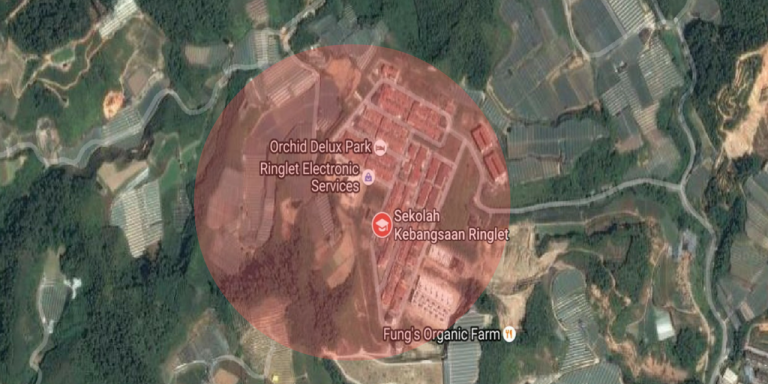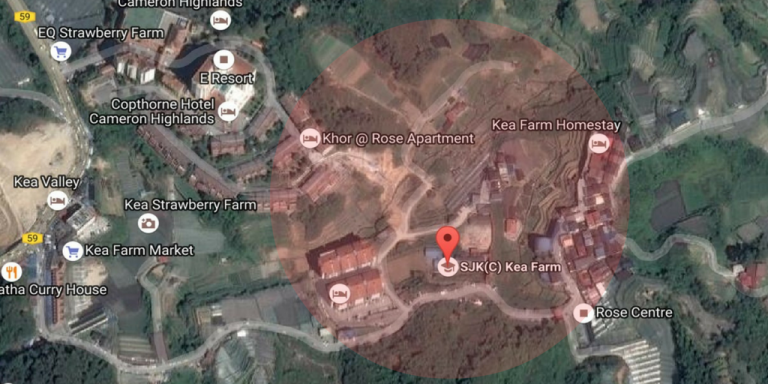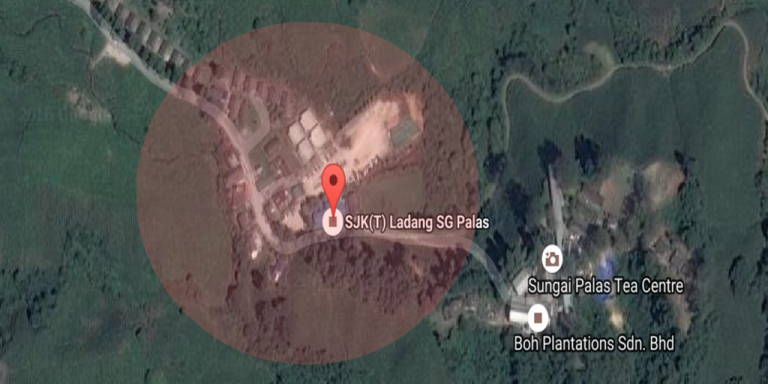The opposition to the construction of North Dakota Access Pipeline reflects the similar struggle in our region to protect our rivers and environment from pollutants.
State of rivers in particular has been a major concern given the fact that persistent organic pollutants in the form of pesticides were found in tap water and surface water of rivers in Malaysia.
A 2015 study by UKM on Organochlorine Pesticides Residue Level in Surface Water of Cameron Highlands, Malaysia revealed the staggering finding which was then disseminated in a seminar by PANAP.
These toxic pesticides found do not only contaminate the water sources but put humans in contact at severe health risks, particularly leaving deadly long-lasting impacts on vulnerable young children.
While, it is still not all doom and gloom when it comes to environmental advocacies, the struggle continues.
In Cameron Highlands, schools are also dangerously close to farms that have records of highly hazardous pesticide use. All the schools below are in Cameron highlands and are within 2km reach of farms.



There has been sufficient evidence that pinpoints how pesticides drift hundreds of meters from the area of use at health-harming concentrations for days and even weeks after application.
Natural Resources and Environment (NRE) Minister Malaysia earlier this year said, “Expanding the river reserves from the minimum 10m to 20m would shield rivers from pollution due to human activities. This would also serve as a filter for mud, soil and solids washed down from hills, development and construction sites and agricultural land.”
Hence, the call for the reserve or buffer zone expansion comes as a significant milestone for environmental activism as well as for rural and tribal communities on the front line of struggle for the preservation of water resources. It shouldn’t stop here.
Earlier, Kuantan MP Fuziah Salleh in the Malaysian Dewan Rakyat session argued that a research by experts from the year 2011 to 2013 “indicated that some of the pollutants found in the river were due to new usage”.Despite being banned some of the pesticides are still being widely used. The experts from the Center for Water Research & Analysis of UKM conducted another research to ascertain the level of pollutant concentration in the water supply, she added.
“A second project was initiated, which included a monitoring program beginning August 2014, samples were taken from 7 stations including one from a tap in Brinchang,” she said while reaffirming that the results also confirmed that pollutants were found in drinking tap water.
Hence, the buffer zones are required not only in the vicinity of rivers but their reach should be extended to other areas occupied by people as well. Homes, public spaces and schools especially with young children should have buffer zones too.
For an issue of such pressing nature, the responses from the other party lacked urgency. That in a way shed the light on how much of political will there is for a safer environment.
While the government is taking efforts to promote non-chemical alternatives such as the Malaysian Organic Certification Scheme or myOrganic, more support is needed. Support from both the public and other government agencies would further promote efforts to preserve water and provide safer zones for our children who are most prone to the toxic pesticide implications.
We stand in solidarity with the Standing Rock Sioux Tribe in protecting the sanctity of our water which is important not only as our fundamental human need but to ensure our very existence, for future generations could be spared from jeopardy.
PANAP and its partners are also demanding state governments to institute pesticide-free buffer zones to protect children in the rural and agricultural area from the harmful effects of pesticide exposures.
Help to create awareness on pesticide-free buffer zones and realize that it can have the power to protect our future generations from the impacts of toxic pesticides.
Read more and sign the petition here.








Discussion about this post